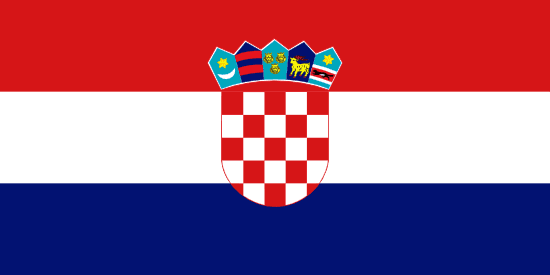"Zagreb, grad koji diše | Zagreb, the city that breathes"
About:
Zagreb, the capital of Croatia, traces its history back to Roman times. The city evolved from two medieval settlements, Kaptol and Gradec, which merged in the 19th century to form Zagreb. The city flourished during the Austro-Hungarian Empire, becoming a cultural and political center. After World War II, it became the capital of the Socialist Republic of Croatia within Yugoslavia. Since Croatia's independence in 1991, Zagreb has grown as a significant Southeast European metropolis.
When to visit:
Zagreb, the capital city of Croatia, is a vibrant destination that offers something for every traveler throughout the year. The ideal time to visit Zagreb on a holiday is during the spring and autumn months, from April to June and September to October, when the weather is mild and pleasant. During these seasons, you can enjoy outdoor activities, explore the city's cultural sites, and attend various festivals and events. However, if you prefer a winter wonderland experience, visiting Zagreb during the Advent season in December is also highly recommended for its magical Christmas markets and festive atmosphere.
When to avoid:
Traveling to Zagreb on a holiday during the peak summer months of July and August can be challenging due to the high tourist influx and soaring temperatures. The city experiences overcrowding at popular attractions, longer wait times at restaurants, and higher prices for accommodations during this time. Additionally, the heat can be intense, making sightseeing and outdoor activities uncomfortable for some visitors. It is advisable to consider traveling to Zagreb during the shoulder seasons of spring and fall for a more pleasant and less crowded experience.
Winter
Winter in Zagreb can be quite harsh, with temperatures often dropping below freezing and frequent snowfall, making it less ideal for sightseeing and outdoor activities.
Spring
Spring is an ideal time to visit Zagreb as the weather is mild, the city is in full bloom, and it's before the peak tourist season, making it less crowded.
Language:
Croatian is the official and most commonly spoken language in Zagreb, the capital city of Croatia. It is a South Slavic language and uses the Latin alphabet. Many residents also speak English, particularly those working in tourism and younger generations. Other languages, such as German, Italian, and Hungarian, are also spoken due to historical influences and proximity to other European countries.




